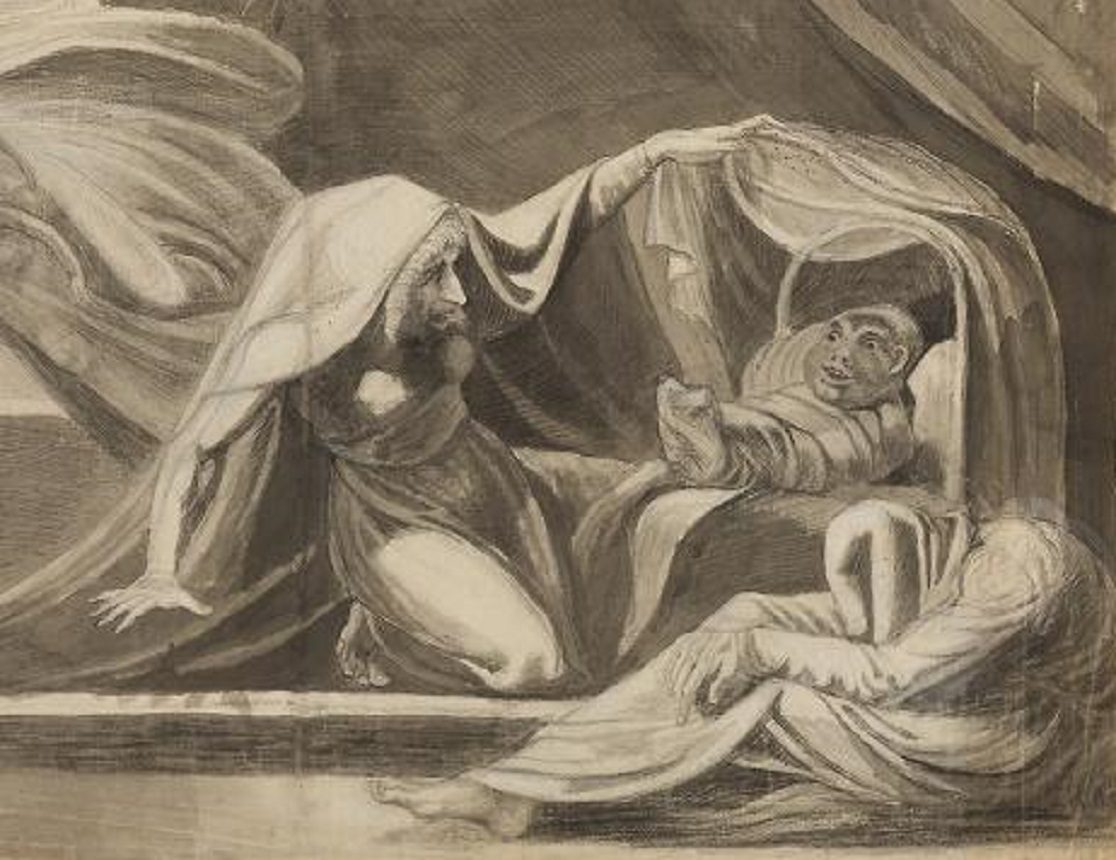Note: All submitted events must be approved before they appear in the calendar.

- This event has passed.
Profs & Pints DC: Fairies and Changelings

Profs and Pints DC presents: “Fairies and Changelings,” a look at how lives and cultures have been influenced by beliefs in fairies and in their ability to steal and replace children, with Debra Lattanzi Shutika, associate professor of folklore at George Mason University and associate editor of the Journal of American Folklore.
Don’t let film portrayals of a kind Tinkerbell or doting Fairy Godmother fool you. The fairies that originally sprang out of folklore and became real in people’s minds were beings to be feared, capable of causing mayhem, and even death, among us mere mortals. And one of their most feared habits was kidnapping human children and replacing them with “changelings” from their own realm.
Come hear such beliefs discussed by Dr. Debra Lattanzi Shutika, a folklorist who has travelled to Ireland to research its fairy beliefs and serves as director of the Mason-Library of Congress Field School for Cultural Documentation. She’ll take us on a folkloristic and literary exploration of fairies and changelings in contemporary oral tradition, fantasy, and young adult literature. And she’ll look at how the impact of belief in fairies and changeling often has been very, very real.
To acquaint us with the lingering power of fairy folklore, she’ll offer accounts from Ireland of claimed cases of “fairy enchantment”—blamed by people for mishaps such as becoming lost in fields at night—and discuss the great lengths that developers and road planners go to there to avoid cutting down trees where fairies are thought to live or gather.
Her discussion of changelings will cover how fairies were thought to steal human children and leave something else in their place—typically the offspring of a fairy, troll, goblin, or some other folkloric creature, but sometimes an enchanted piece of wood, or an infant sculpted from ice. Disturbingly, fairy believers of past centuries sometimes labelled as “changelings” children who were born with birth defects or manifested some misunderstood medical or psychological condition as they grew older. Such explanations served to enable parents to distance themselves from such children and justify neglecting them or, in some cases, simply abandoning them in the woods for fairies to take back. Beliefs in changelings reflected concerns about not just disability and vulnerability but a variety of other differences—physical, social, economic, or gendered.
In looking at how authorizes have derived works of fiction from changeling and fairy believes, she’ll discuss Eloise McGraw’s The Moorchild, Graham Joyce’s Some Kind of Fairy Tale, and Thomas Tryon’s The Other.
This talk might replace your previous assumptions about the human imagination and actual human behavior with something a lot more interesting and complicated. (Advance tickets: $12. Doors: $15, save $2 with a student ID. Listed time is for doors. Talk starts 30 minutes later. Please allow yourself time to place any orders and get seated and settled in. Bring proof of vaccination and a mask as they may be required in response to local infection rates. The Bier Baron will be requiring event attendees to purchase a minimum of two items, which can be food or beverages, including soft drinks.)
Image: A cropped monochrome print of “The Changeling,” a 1780 work by Henry Fuseli on display at the Kunsthaus Zurich in Switzerland. (Wikimedia Commons.)
